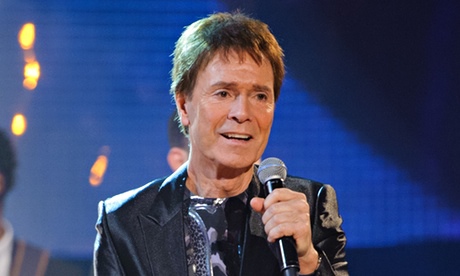
A senior BBC news executive has defended the way the corporation’s journalists reported on the police raid on Sir Cliff Richard’s house, arguing that newspapers went “much further” with follow-up coverage.
The BBC has been criticised by politicians and public figures, including former BBC broadcaster Michael Parkinson, over issues including how the corporation had its team in position before the raid and the decision to use a helicopter to film it.
Mary Hockaday, the head of the BBC’s Newsroom, said that the BBC legitimately pursued a major scoop and did not put the police investigation at risk.
“We got some information that may suggest there was a story there,” she said, speaking at the Guardian Edinburgh International TV Festival. “We pursued it. We pinned it down. We did absolutely nothing to jeopardise the police inquiry”.
Hockaday, who is responsible for editorial and management for all the BBC news bulletins, felt it particularly important to explain the decision to use a helicopter.
“The helicopter is a news gathering tool that we all use, and it’s important to be really precise about this, we did put the helicopter up to gather pictures of the location because that was the best way to get pictures of the location and the property,” she said. “And we used those pictures in the package. The only live shot from the helicopter we used was in the middle of the afternoon when were quite high up shooting the police cars when they were leaving.”
Asked by panel moderator Michael Crick, Channel 4 presenter, asked whether the BBC’s tactics might have prejudiced the Richard investigation
“Why would that be?” said Hockaday. “We reported what happened and then everybody else started to report what happened. And many people, actually especially papers, have gone much further than we and other broadcasters did after that first day, or day two story. We reported it accurately. Our coverage was shot through with clear denials.”

